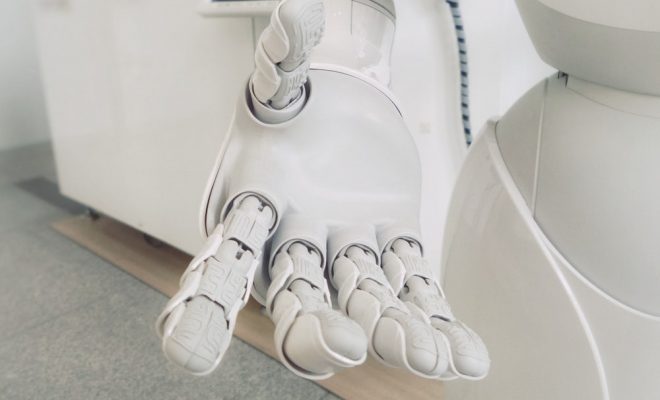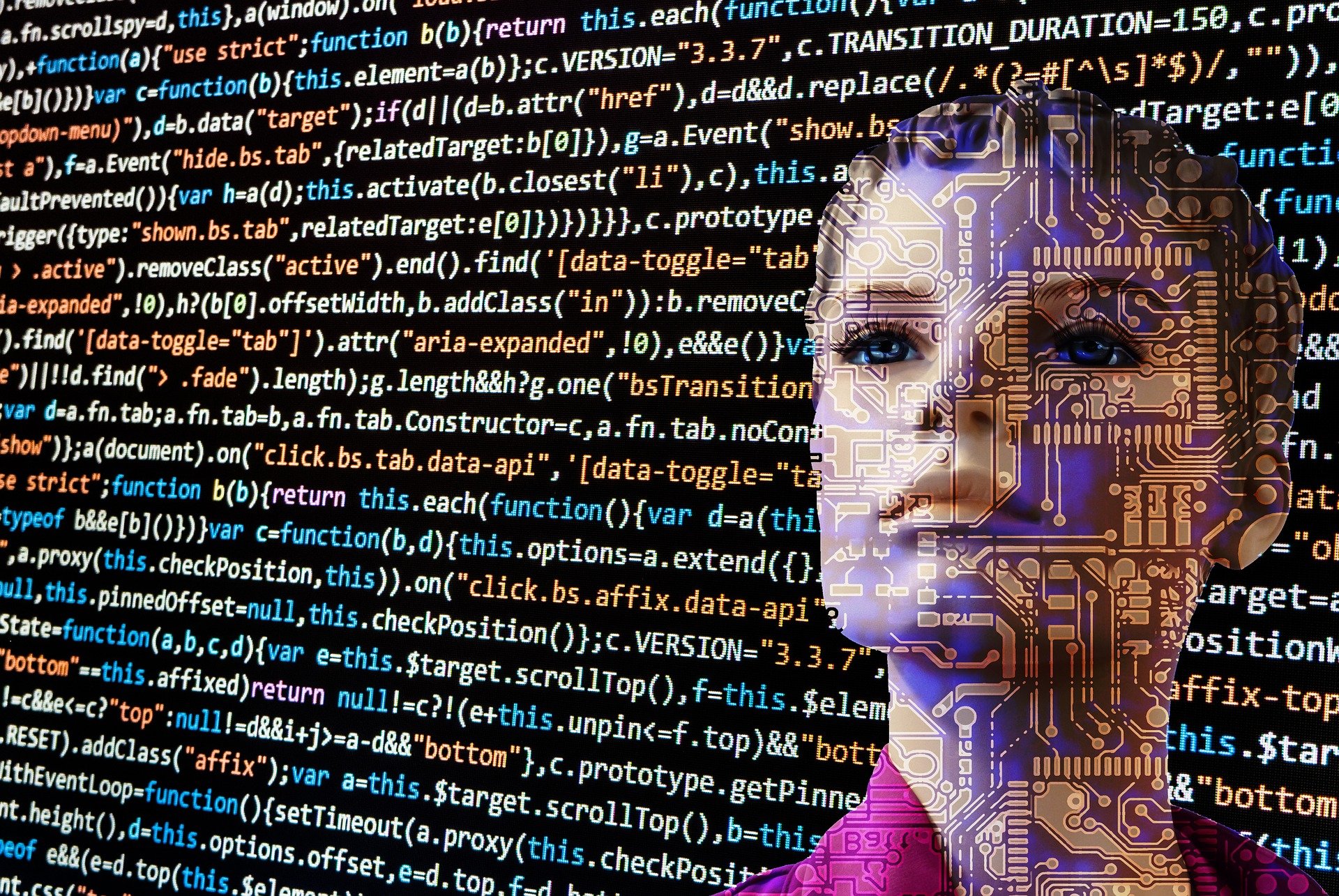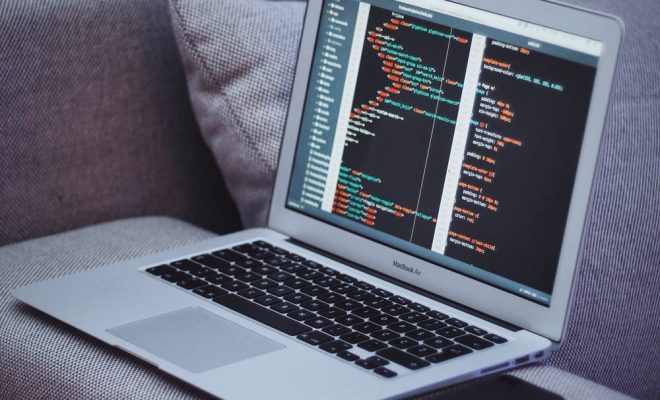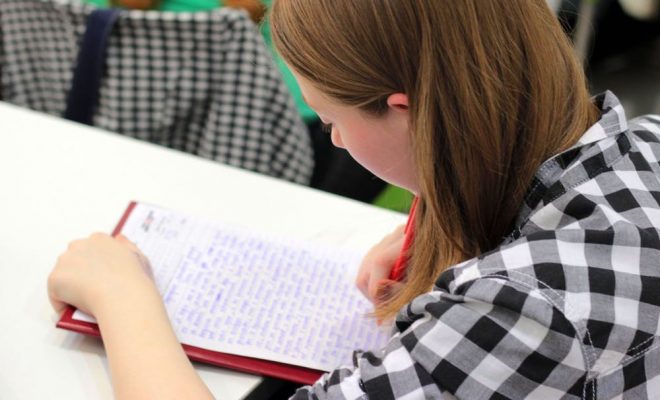One Caveat about AI and Fact-Checking

AI is a part of almost everything you do. Smartphones and smart homes are only the beginning of what AI can do for us. We task artificial intelligence with following up on emails, setting reminders, and assisting us in searching online.
No fact is too minute for extraction. For example, AI will search for the most commonly Googled words on Mother’s Day, by state. People rely on keywords to search for everything from apps to zebras. Take a look, and you’ll find plenty of digital information.
The impact of fact news on consumers
However, not everything posted on the internet is accurate.
Fake news and false research impacts consumers and specifically students, who may not yet have the skills to distinguish objective research based on primary sources.
Digital disinformation is rampant, and its impact is changing how people obtain their news and stay connected to their communities. Artificial intelligence not only will change how journalists and researchers report their information, but also how the public evaluate the reliability of the facts and figures presented.
Fact checking with artificial intelligence can be an asset. It may help reporters and writers report events and connect data points quickly and accurately. AI can assess information and distribute it without subjectivity.
On the other hand, concerns about the use of AI and deep learning have become worrisome. These challenges include averting bias in research and marketing. Companies with the deepest pockets will the drive machine based learning that consumers rely on for quality information. In doing so, these companies will drive out the competition, possibly through false reporting and obvious bias.
Artificial intelligence’s impact on fact checking in schools
AI is impacting education by changing the curriculum, shaping instructional delivery, and eliminating administrative tasks for teachers. Artificial intelligence is taking on another role in our classrooms, too: AI is the fact checker schools need.
One of the simplest uses of AI in the classroom is the support it provides for students and their teachers. Artificial intelligence can act as a learning companion as well as an analytical assistant. AI teaches students and provides them with opportunities to practice skills. Additionally, AI collects and analyzes learning data for teachers to use planning their instruction.
Allowing edtech companies to dominate the education market with biased intelligence will pervert our curriculum and teaching. If their fact checking boosts their product to the exclusion of any other, we risk losing the objectivity schools must maintain when teaching any subject.
The future of AI fact checking
Businesses already recognize that artificial intelligence gives them an advantage over their competitors that do not incorporate AI. Executives especially consider AI a strategic priority, and they intend to use artificial intelligence to position themselves as market leaders.
Not all AI is detrimental. Artificial intelligence can boost instruction and improve teacher efficacy. Educators who understand how edtech companies might manipulate AI for corporate gain are more prepared to select objective materials that have been fact-checked without bias.
The future of our children depends on our ability to maintain objectivity in our curriculum and instruction.





